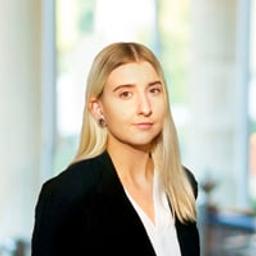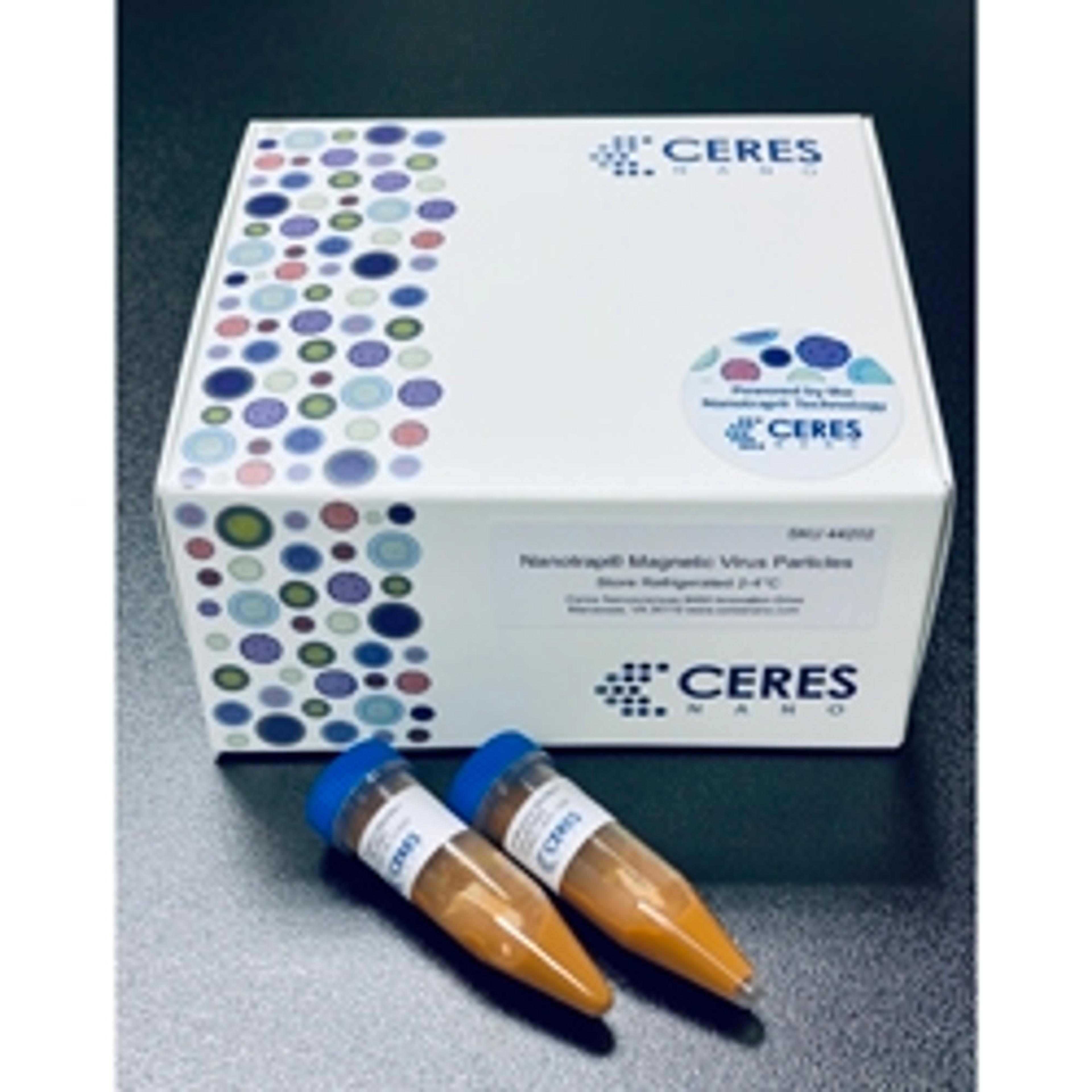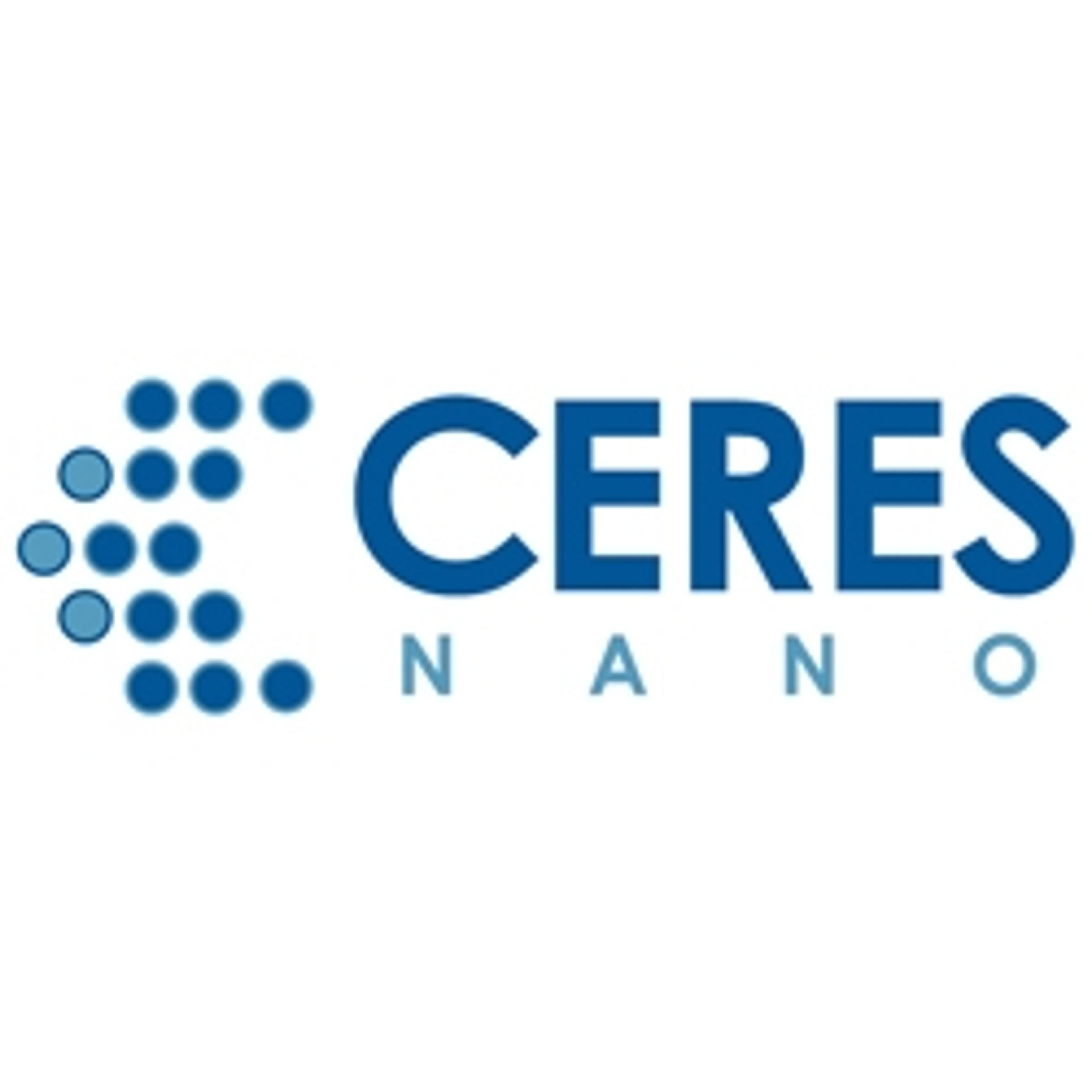Ceres Nanosciences to expand Nanotrap Particle manufacturing capacity for COVID-19 testing
19 Feb 2021
Ceres Nanosciences, a privately held company that makes innovative products to improve diagnostic testing, has announced that it has completed the build-out of a new 12,000-square-foot Advanced Particle Manufacturing Plant in Innovation Park, Prince William County, Virginia.
The new facility will be capable of generating a supply of Ceres’ Nanotrap® Magnetic Virus Particles to enable more than 10 million COVID-19 tests per month, with room for added capacity in the future.
Nanotrap® Magnetic Virus Particles improve diagnostic testing for COVID-19 by eliminating the need for RNA extraction kits, reducing sample processing time, and improving the sensitivity of the downstream assays in point-of-care systems, high-throughput laboratory tests, and wastewater and pooled sample testing workflows. Nanotrap® Magnetic Virus Particles also improve diagnostic testing for influenza virus, RSV, and variants of SARS-CoV-2.
The new facility was constructed in under 4 months with funding support from the National Institutes of Health (NIH) Rapid Acceleration of Diagnostics (RADxSM) initiative. The rapid construction of the site was made possible with the support of Prince William County. The site is part of Pruitt Corporation’s Discovery Court development, and Pruitt also served as the general contractor. Facility Logix provided construction management support.
“This new facility is a huge step up in capacity for Ceres, giving us the ability to rapidly respond and scale to current and future virus outbreaks and testing needs,” said Ross Dunlap, Ceres Nanosciences CEO.
“We are thrilled that our new manufacturing plant is also located within Innovation Park near our existing R&D facility,” said Ben Lepene, Ceres Nanosciences CTO. “This means that we can ensure a stable supply of Nanotrap® particles to our growing portfolio of customers while simultaneously maintaining our development efforts for new Nanotrap® products right down the street.”
Want the latest science news straight to your inbox? Become a SelectScience member for free today>>


